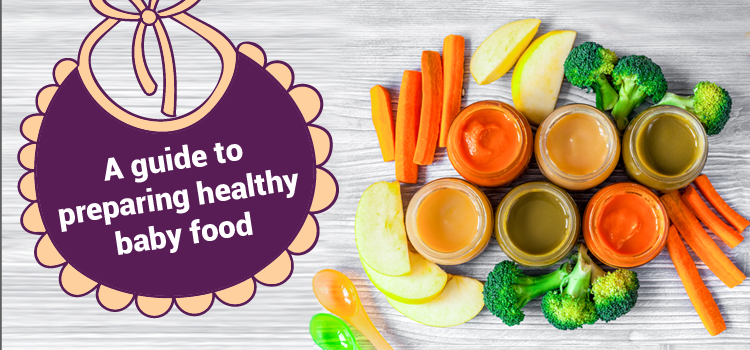Baby Food

Solid Foods for Babies: Safety, Nutrition, and Best First Foods
May 4, 2023Introducing your baby to solid foods is a huge milestone. However, k...

5 Tips to Manage Your Child’s Nutrition and Lifestyle
August 5, 2022In today’s day and age, children from a very young age are exp...

Dos and Don’ts of Infant Nutrition
February 5, 2019Infants require adequate nourishment and the best way of ensuring th...
Pregnancy Calculator



